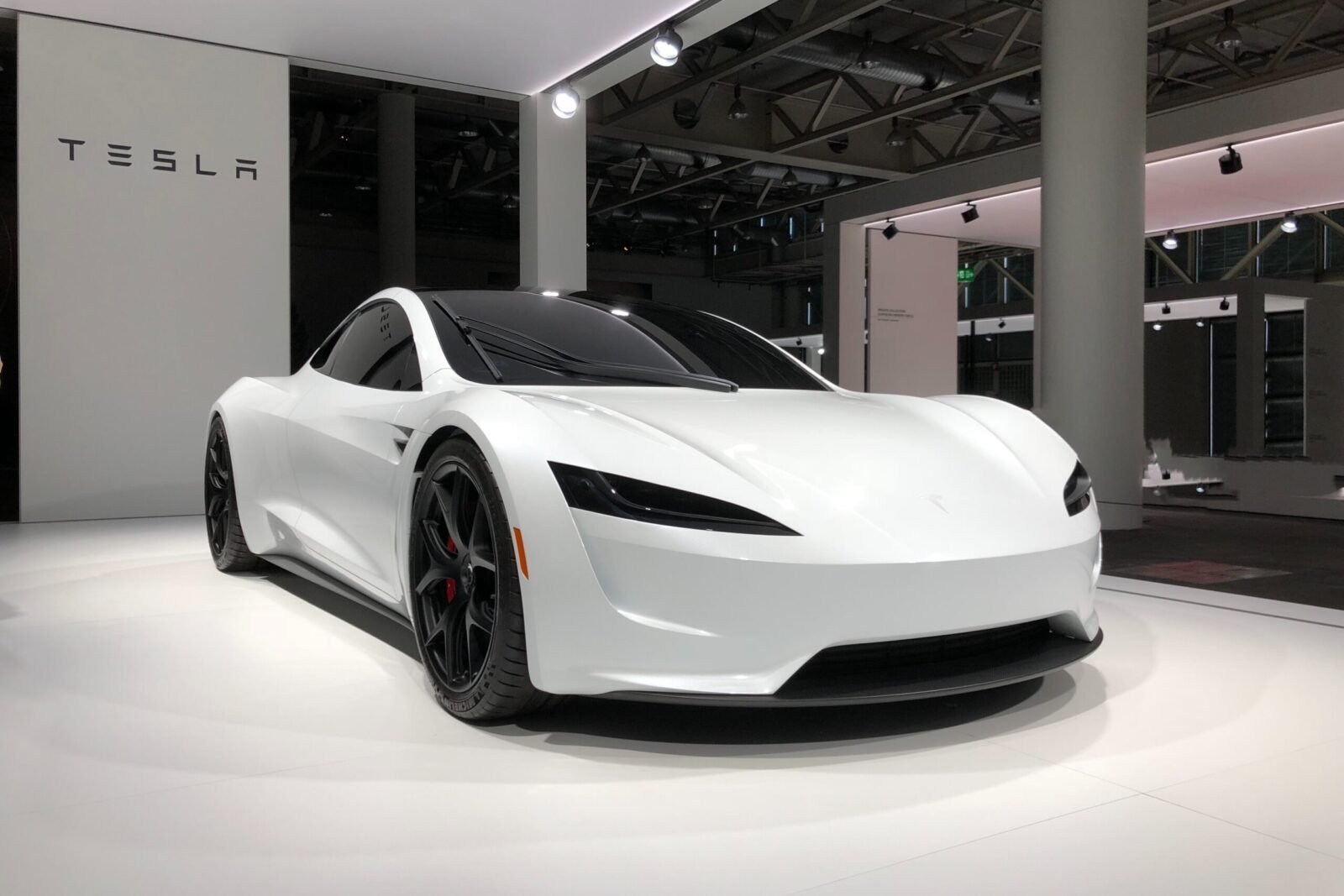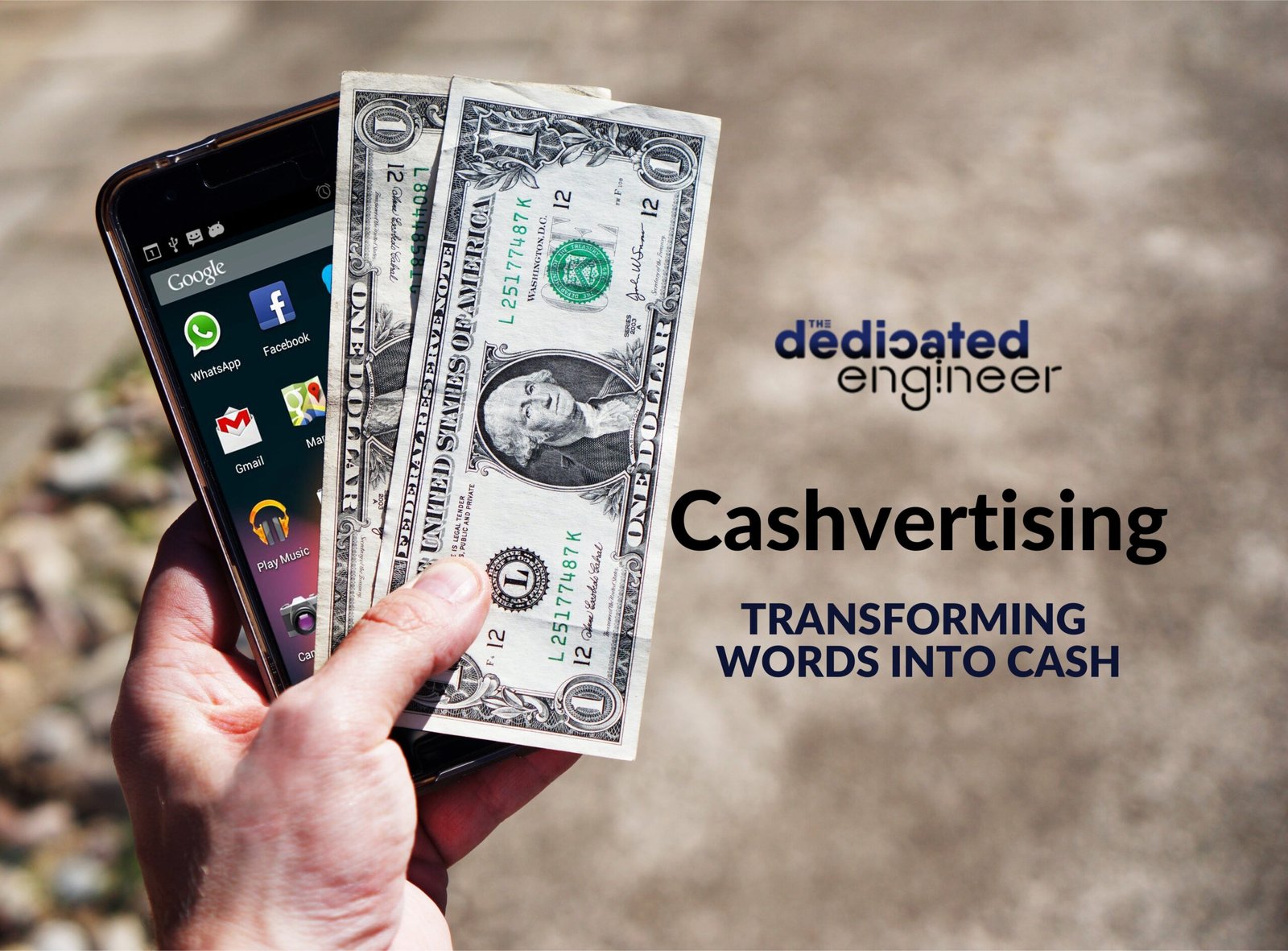Table of Contents
ToggleAs the richest individual in the world with the ninth most-followed account on Twitter at the time of this writing, Elon Musk always attracts the world’s attention.
The South African-born mega-tycoon has denied repeated assertions that he had a lavish upbringing thanks to a paternal emerald mining interest, but what we can say for sure is that his personal wealth started to take off due to some early entrepreneurial pursuits.
As has been documented at length by writers such as Anna Crowley, Compaq bought Musk’s first company, Zip2, and he was subsequently involved in the early days of PayPal, around the turn of the millennium.
Since those early days though, Musk’s portfolio of businesses and investments has expanded to become virtually unrivaled, at least in terms of the wealth it amasses and the attention it drives.
But what sorts of projects does Musk truly want to push the potential of, and what points of connection are there between his seemingly diverse interests? We’ll explore these questions through a look at some of Musk’s most prominent ventures below.
Over and Under: Hyperloop and the Boring Company
Discussing Hyperloop is cheating a little bit, since Musk technically isn’t invested in any Hyperloop companies directly, as of now. However, it’s fair to say the concept exists in part because Musk-owned SpaceX sponsored a pod competition for several years running –– ultimately propelling the idea of a super-fast, vacuum-based transportation system forward, and leading to what we now think of as Hyperloop.
The hyperloop represents just one of many ideas Musk has about the future. The fascinating thing about vacuum tube transport, however, is that it’s a futuristic idea that’s already hundreds of years old. This shows a sort of stubbornness on the part of Musk in not accepting past failures as the final word on the concept.
Musk’s fairly recent switch from the aforementioned pod competition toward the “Not-a-Boring Competition” is really a shift in emphasis now that Hyperloop has some momentum behind it.
But the Boring Company –– a Musk enterprise designed for tunneling and low-cost transportation –– isn’t unconnected. In fact, Tech Republic reports that the company’s tunnels are designed partially to reduce the cost of those of the Hyperloop.
Musk has also envisioned the tunnels as a means for transporting more cars and other vehicles, seeing the problem of traffic as one that can be resolved through engineering and moxie. It may well be that if we do have ultra-high-speed, energy-efficient ground transportation at any time in the next few decades, some of its roots will be in Musk’s initiatives.
SpaceX: The Final Frontier
For decades, state-backed agencies in technologically powerful nations around the world were the only entities exploring and advancing space travel. Nowadays, however, NASA is contracting out SpaceX thanks in large part to the work the company has done to create reusable rocket parts –– an incredibly challenging feat of engineering that has come a long way in just a few years (despite more than a few notable hiccups).
The popular Elon Musk biography by Ashlee Vance essentially conveys that SpaceX may be the clearest indication of how Musk has dedicated his energy and fortune to “inventing a future that is as rich and far-reaching as the visionaries of the golden age of science-fiction fantasy.”
This characterization by the author furthers the sense that there’s a determination in the energy Musk wants to foster around reaching for the difficult or seemingly impossible.
He doesn’t view SpaceX and its achievements as inevitable next steps in engineering so much as vital stepping stones toward a future of space travel that is necessary –– and must therefore be ambitious.
Tesla
The electric car company (or more accurately car and infrastructure company, at this point) is probably Mr. Musk’s best-known investment. A recent telling of the story of Tesla by Tim Higgins describes the initial acquisition as “the bet of the century” in its subtitle, and that’s ultimately not a bad way to think about it.
Electric cars were not new when Musk came onto the scene, but he could see that the automotive industry needed a shake-up to realize the opportunity it was missing in space. He, therefore “bet” on an electric future in a move that seems to pay off more with each passing year.
Today, electric cars are on an exponential curve, currently accounting for almost 1 in 10 cars sold globally according to the International Energy Agency. This number would have been unthinkable just a decade ago. Tesla has played a substantial role in the marketing (making electric cars “cool,” more or less), and is proving to be crucial in improving the battery and charging infrastructure needed to advance EV progress as well.
Now, it’s true that as of early 2022, delays in battery production are affecting Tesla stock prices. But the company’s popularity has made it a mainstay in the top 10 of the Nasdaq-100 by market cap, and it very much looks to be positioned to continue leading the electric vehicle market in many respects.
Elon Musk is an undeniably fascinating individual who has developed a pretty particular idea of what the future is going to look like –– and what his role in bringing that future about ought to look like. How he’s received by the rest of us varies greatly; there seem to be as many different opinions about Musk as there are people to have them.
For his harshest detractors, he’s more or less a grifter who’s managed to attach himself to major projects via privilege and snowballing wealth. For those who look beyond the investments and initiatives, Musk is something of a petulant disruptor –– increasingly known for sparking the occasional controversy on Twitter.
And then of course there are those who look purely at his ambition and achievements and see him as someone trying to single-handedly realize Star Trek, or become the “real-life Tony Stark” (as he is commonly called).
The truth about Musk probably draws a little bit from all of these perspectives and contains more nuanced than any of them. Whatever may be most accurate, however, it is clear that his investments and priorities are aimed at propelling mankind toward an ambitious future –– and doing so as close to the present as possible.







